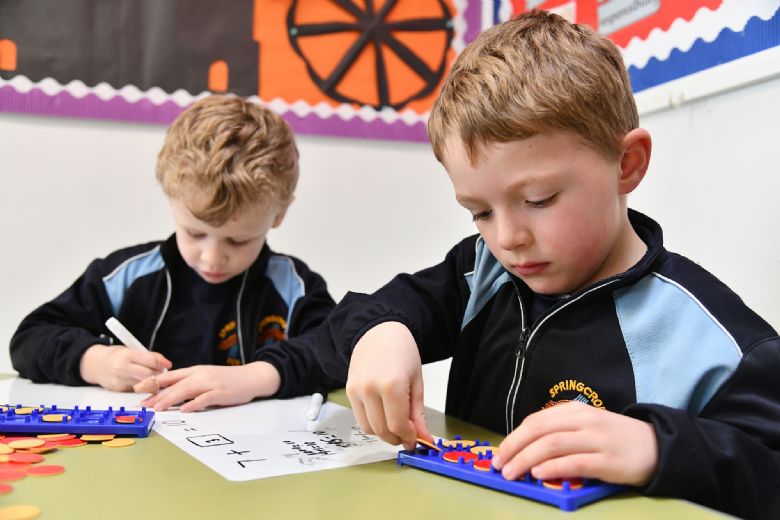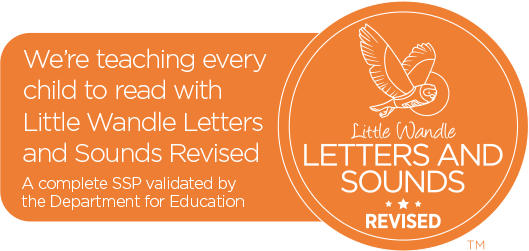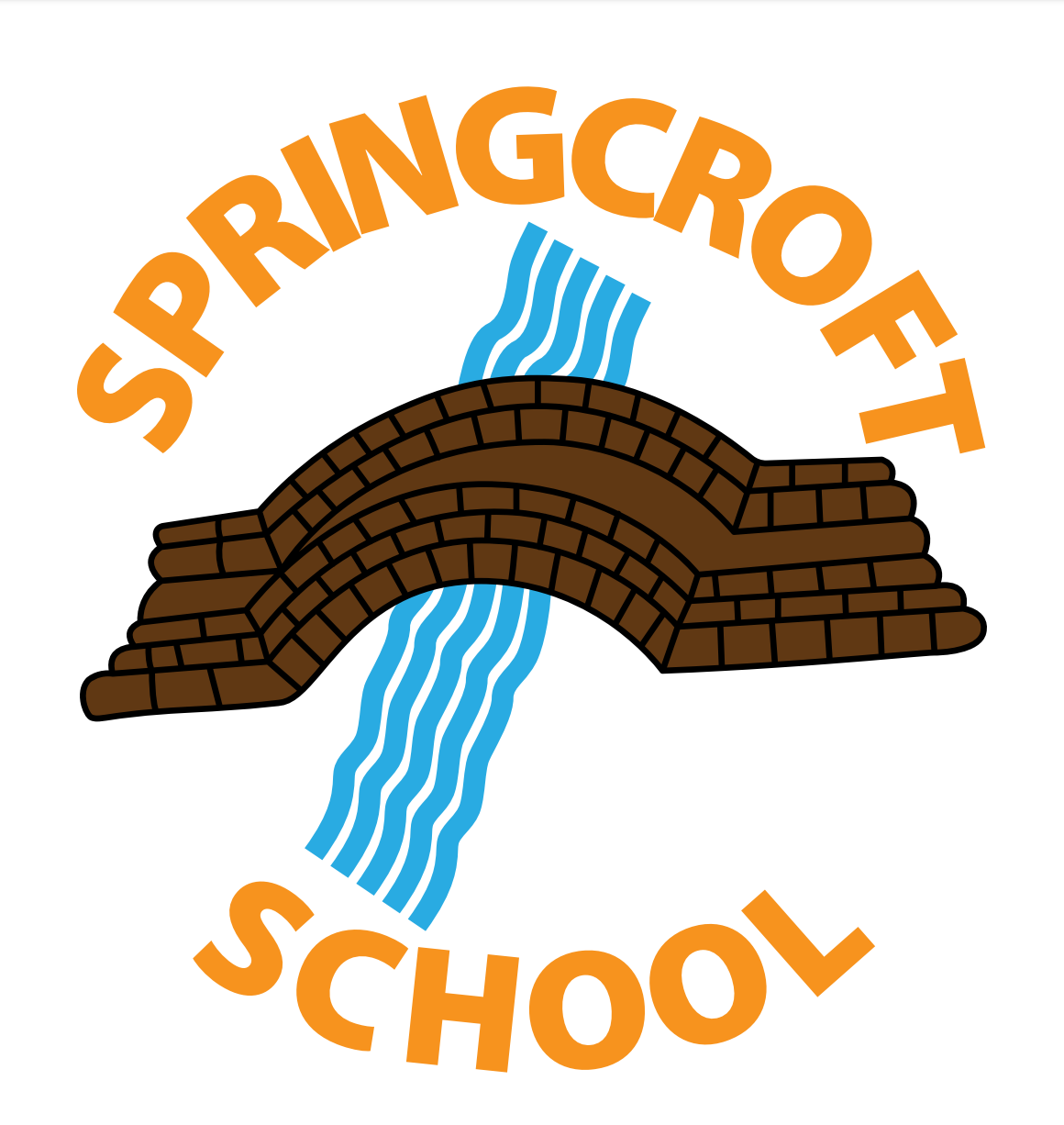Curriculum
Leaders and governors have developed a broad and rich curriculum, which is ambitious for all pupils. – Ofsted, November 2022

We believe that the purpose of education is to bring about goodness, enabling people to flourish socially, artistically, academically, and through sport, exercise and wellbeing. To facilitate this, it is intrinsic our children live and breathe a curriculum that is broad and balanced; it should build knowledge, encourage independence, curiosity and creativity; produce collaborators, innovators, leaders and, above all, it should help our children to understand what it means to be learners both in and beyond the classroom.
Through carefully crafted learning experiences, we aim for all our children to be able to think independently, appreciate the world around them and ultimately live happy and successful lives. We want our children to make positive contributions to society and to be well-prepared for life in modern Britain and beyond.
Through embedded values, we teach and role model how to be a good person. We have an unwavering focus on developing children’s moral, spiritual, social and cultural understanding, as well as developing personal attributes, namely resilience, empathy and integrity.
Foundation Stage
The early years foundation stage (EYFS) covers the development and care of your child from birth to 5 years old. Teaching in foundation stage challenges children to become independent, motivated learners who are full of curiosity about the world around them. Within our fun, happy and secure environment, our children experience consistent teaching, engaging hands-on learning and a child-centred curriculum that ensures the consistent development of skills across all areas of learning. Children are encouraged to explore, take risks, and form positive relationships with their peers in a setting that celebrates the uniqueness of every child.
Key Stage 1 (KS1) and Key Stage 2 (KS2)
Our curriculum is knowledge-rich. All aspects of the curriculum have been designed with progression in mind; this ensures that children build on existing skills and knowledge, which, over time, enables them to know more and remember more.
Our curriculum is built around the objectives set out in the National Curriculum, which covers the core subjects: English, Mathematics and Science, and the foundation subjects: Computing, History, Geography, Art and Design, Design Technology, Music, Physical Education, Languages (Spanish), PSHE, RSE and Religious Education.
Our curriculum focuses significantly on the core areas of reading, writing, speaking and listening, maths and science. These underpin all of our termly themes and are key to providing our children with the skills needed to access a wide range of learning.
Foundation subjects enable children to explore content in increasing depth and complexity as they move through school. Knowledge and skills are developed through termly themes that begin with a philosophical enquiry question. This approach allows us to make connections across the curriculum, whilst also developing the children’s understanding of what makes each subject distinct and unique.
Our Curriculum Design
General principles
Our curriculum intent is bespoke to the needs of our children, in the community we serve. We underpin its delivery by giving children the opportunity to:
- understand the purpose and value of their learning and see its relevance to their past, present and future
- develop and demonstrate their creativity
- experience the challenge and enjoyment of learning
- develop a rich and deep subject knowledge
- see clear links between different aspects of their learning
In addition to our core offer, we enrich our curriculum further by utilising a music curriculum specialist teacher, specialist instrumental teachers, specialist PE and sports teachers, Survival School specific teachers, hold specialist curriculum days and invite visitors into school.
In every class, we offer memorable experiences both in and out of school that stimulates children’s curiosity and prepare/consolidate learning each term. We supplement this with residential stays, building progressively from a night camping on the school field in lower Key Stage 2 to a weeks residential in the UK, flowed by children in upper Key Stage 2 having the opportunity to visit Europe for a week's residential trip.
Subject leaders have a clear understanding of what is working well in their subjects. They have thought carefully about what pupils will learn and when. From the early years through to Year 6, leaders have planned opportunities to revisit key concepts. For example, in art and design, when pupils explore collage, they apply their knowledge of techniques used by artists such as Picasso. This prompts them to use and embed what they have learned before, and to make connections with new learning. It also ensures that pupils’ knowledge and skills build over time. – Ofsted, November 2022
Long term Overview
Springcroft Long Term Basic Overview_2022_2023
Special Educational Needs
Leaders provide staff with regular training, so they know how to teach different subjects effectively. As a result, staff are confident in delivering the curriculum across a range of subjects. – Ofsted, November 2022
At Springcroft Primary School, all class teachers are responsible for providing a curriculum that is suitable for all pupils in the class, including those with Special Educational Needs or Disabilities (SEND) with support from the SENCO. We have high expectations for all pupils and are committed to ensuring our curriculum complies with the Equality Act 2010 and the Special Educational Needs and Disability Regulations 2014. Our inclusion statement emphasises the importance of providing an inclusive learning environment for all pupils including those with SEND. Additional information on this can be found in our Special Education Needs Information for Parents and Equalities Policy.
Phonics
At Springcroft, Phonics is taught through Little Wandle Letters and Sounds.
The reading scheme we use at Springcroft is Collins Big Cat and Person's Phonic Bug.

For further information on how we teach phonics, reading, grammar, punctuation and spelling, and mathematics, please click on our resources page. Here you will find a suite of resources on this page to support learning at home. Individual class overviews are available on class pages here. Should you wish to find out more information about our curriculum, or ask any questions, please do not hesitate to contact the school office.
